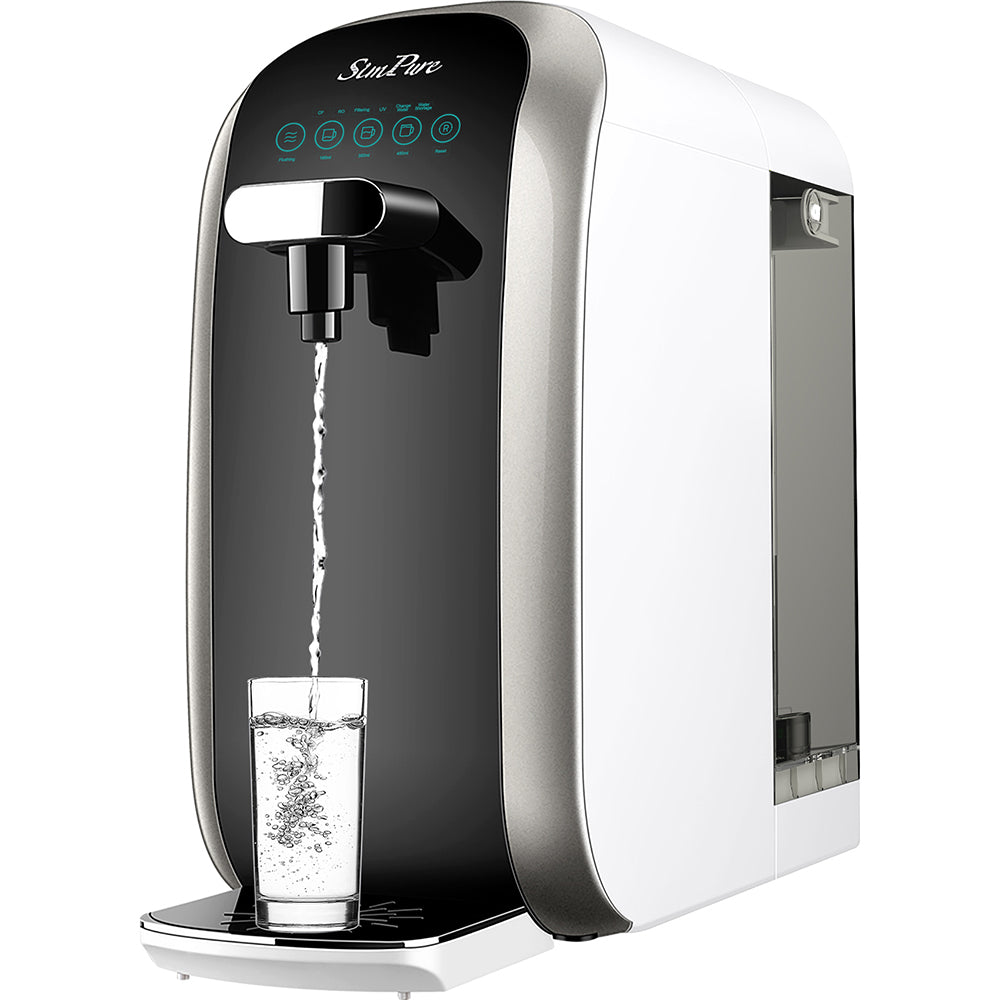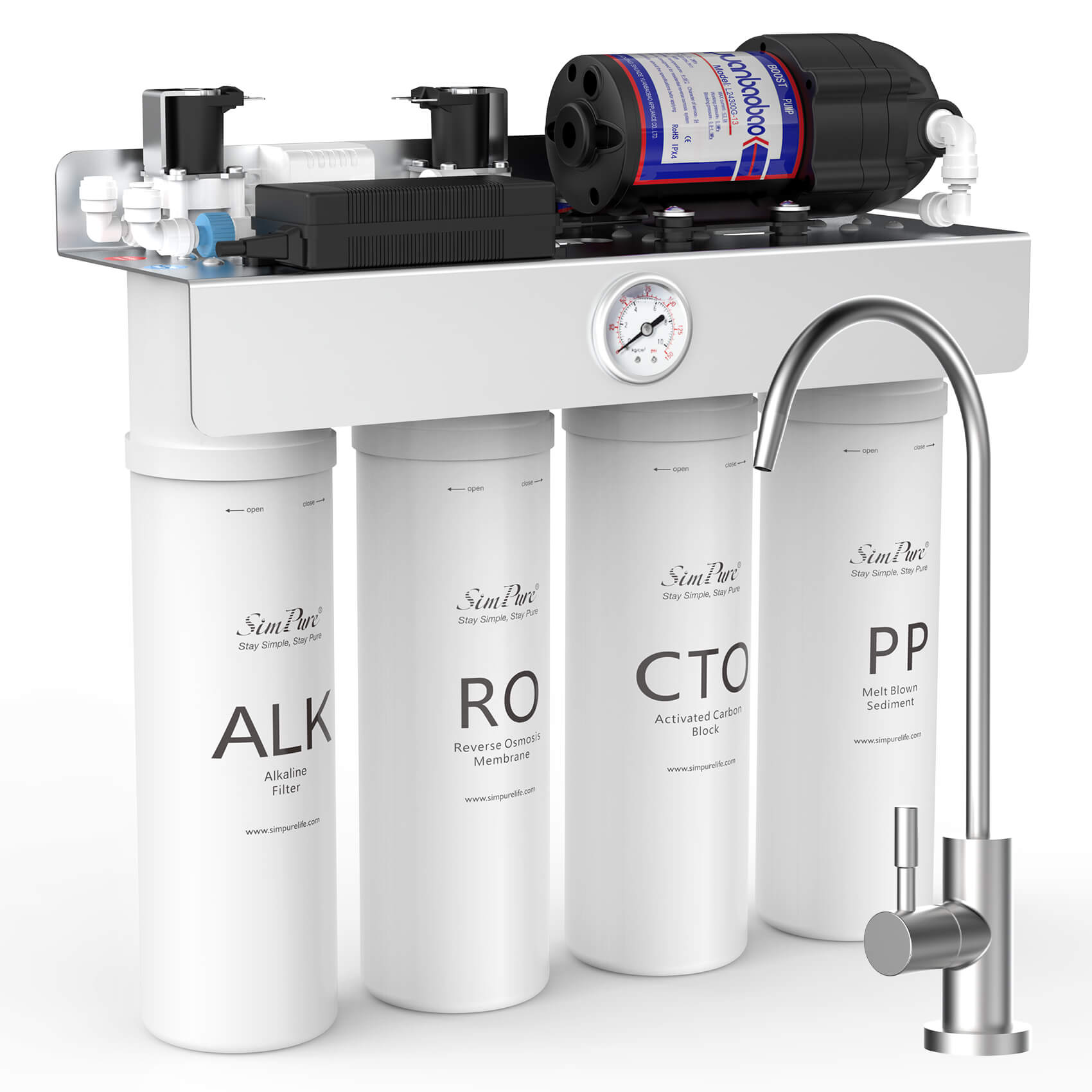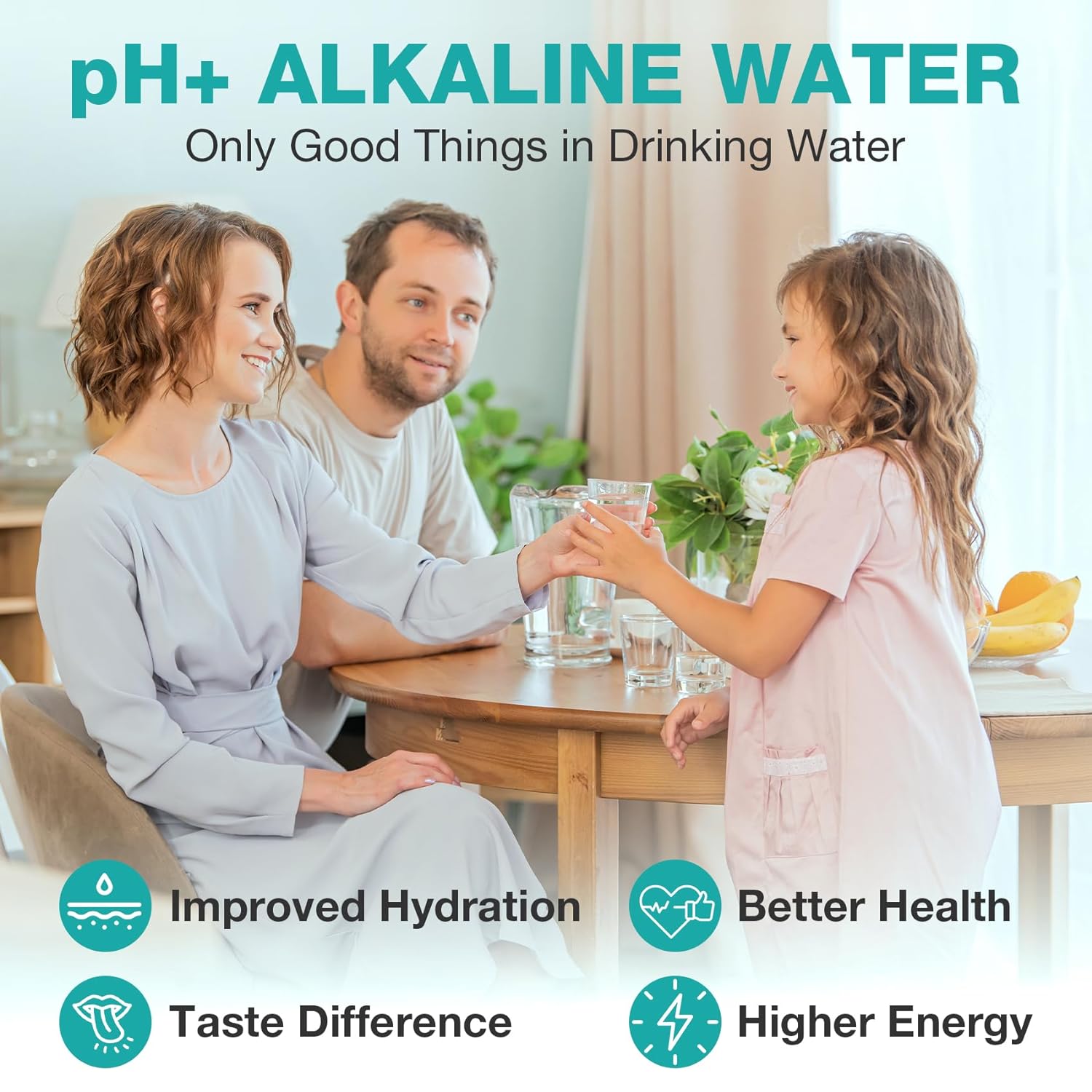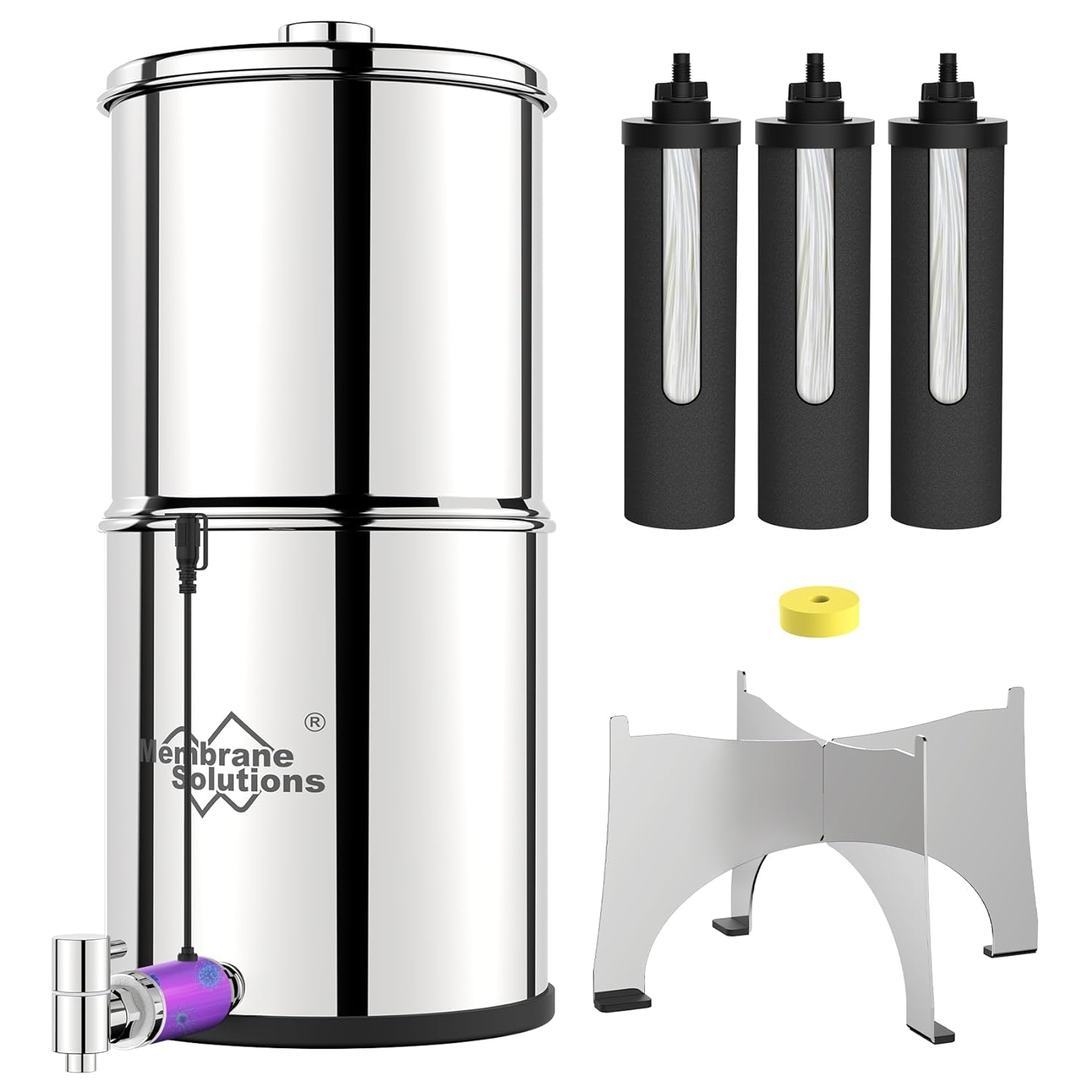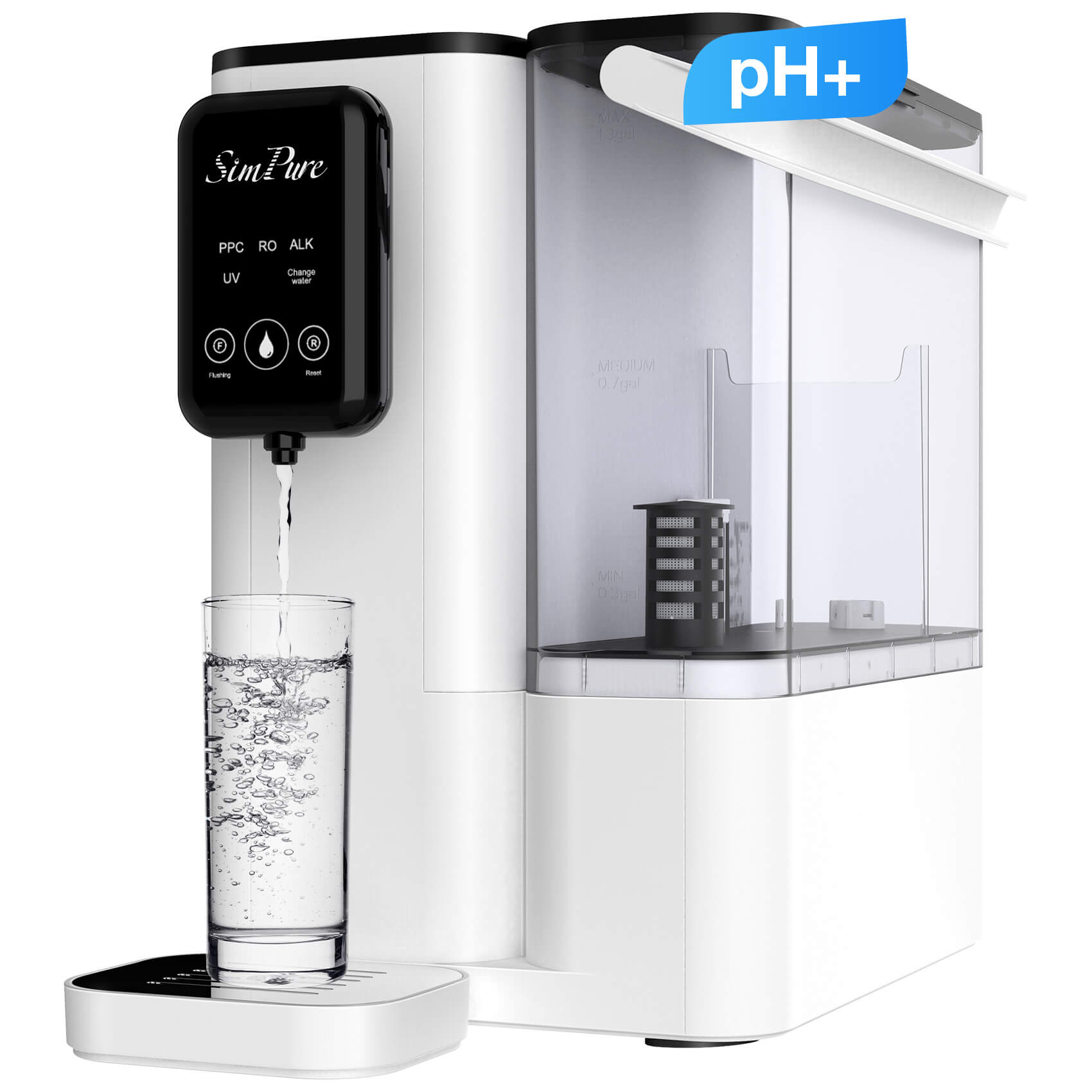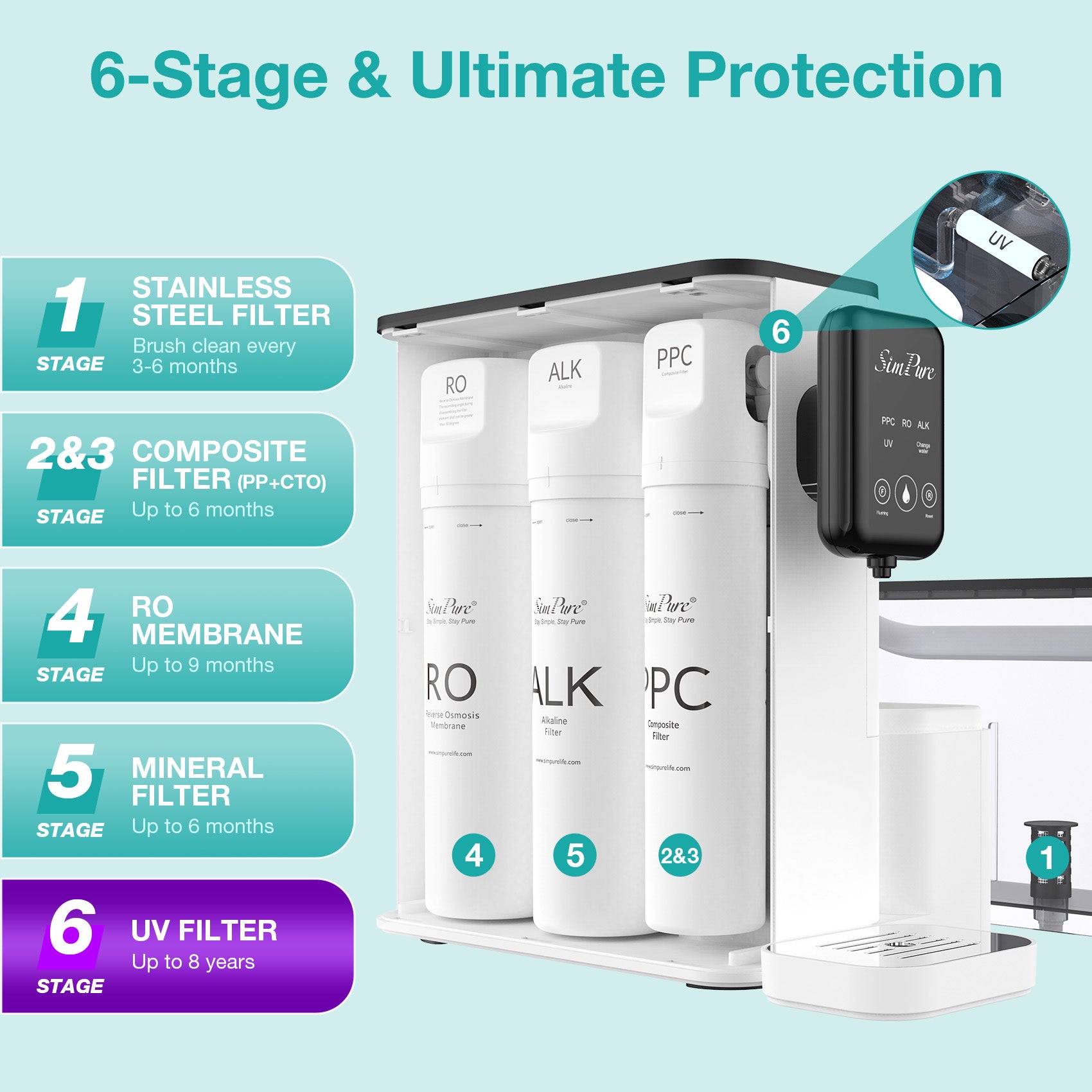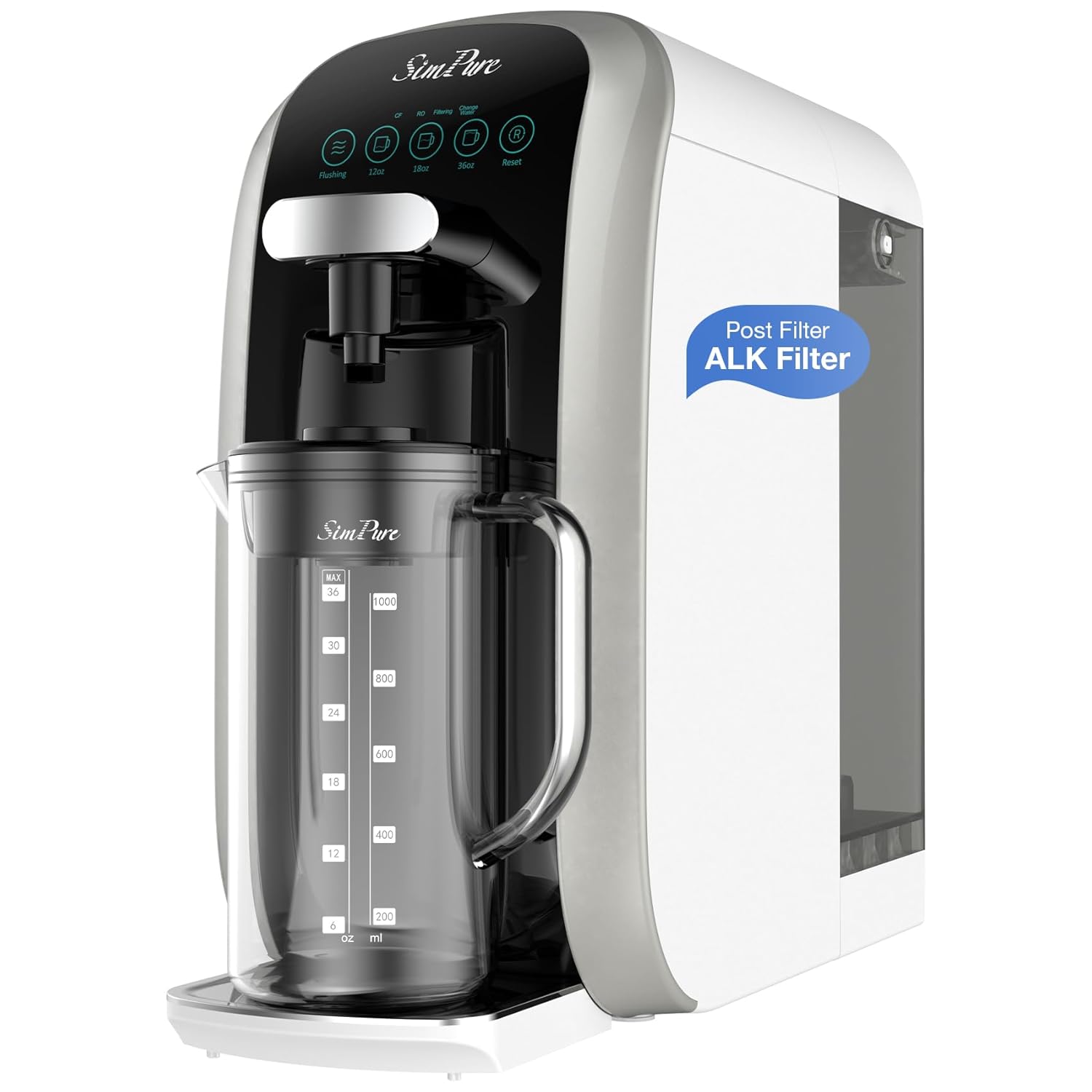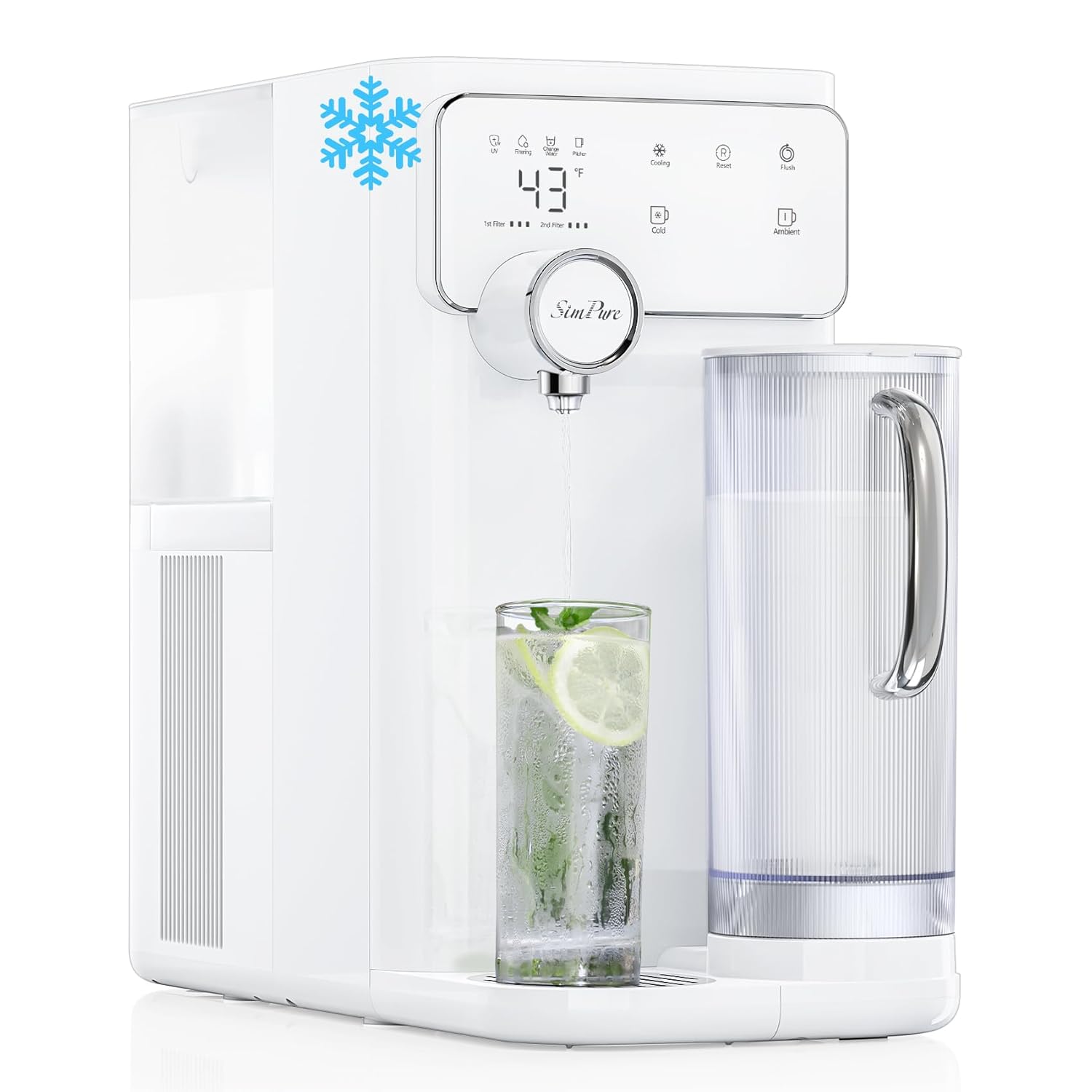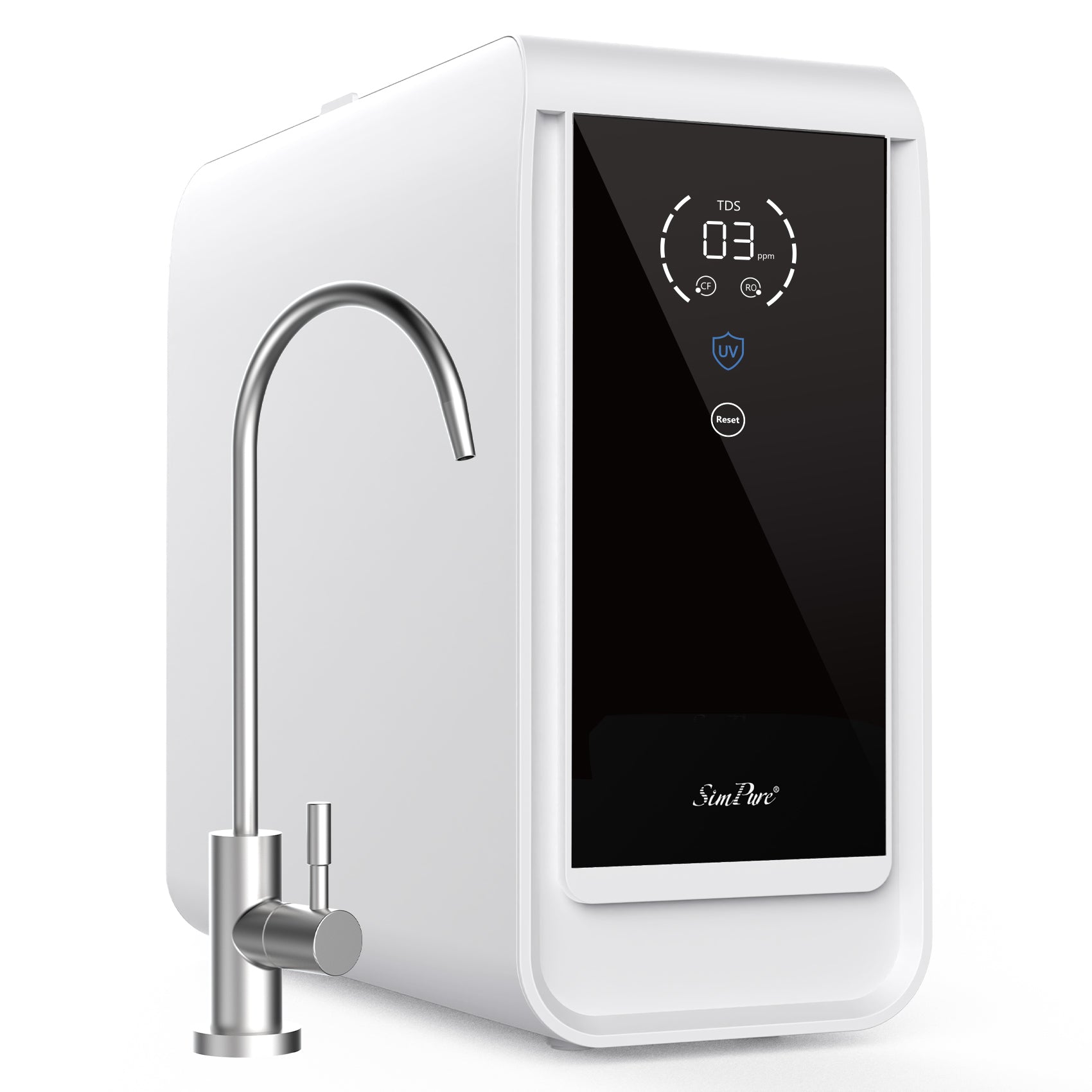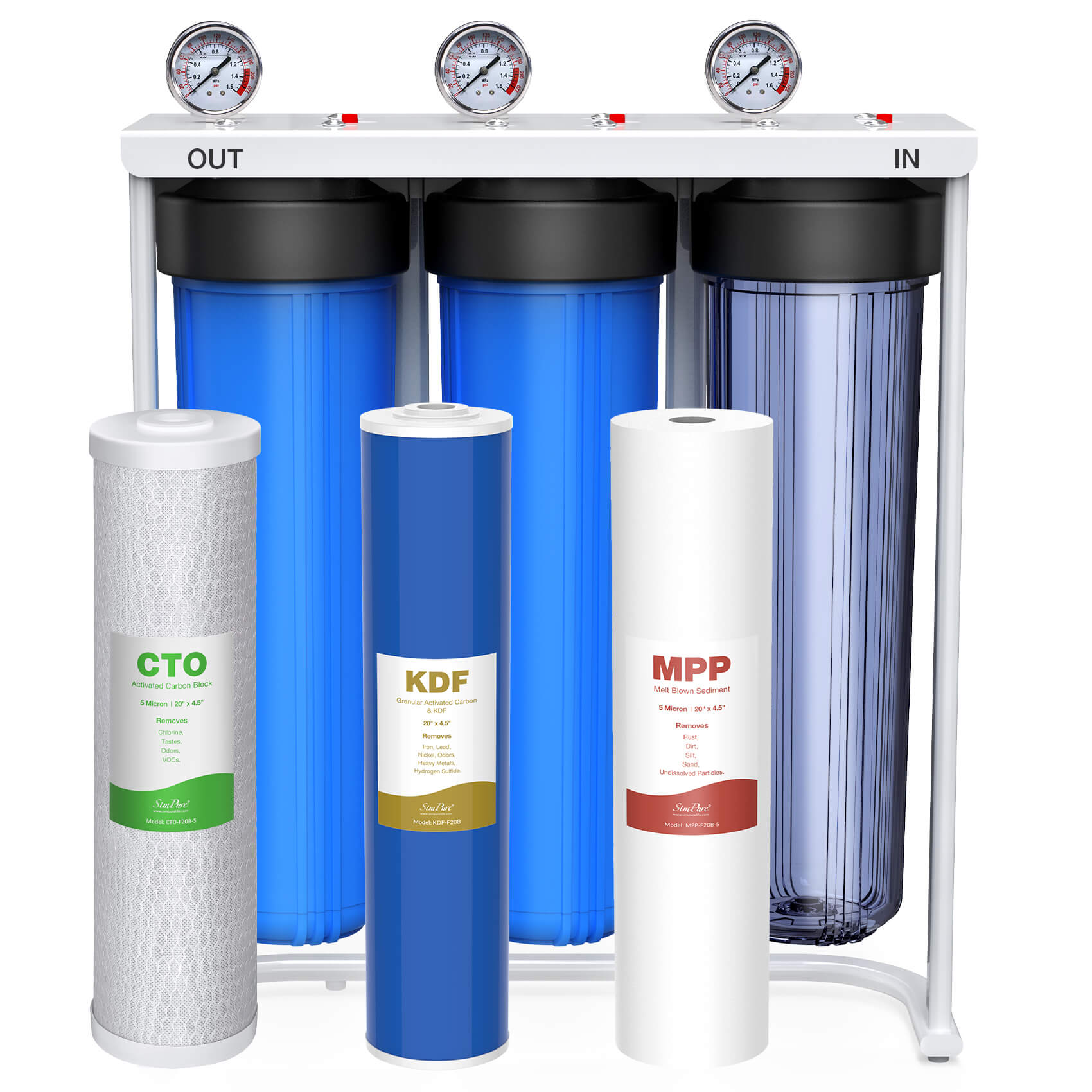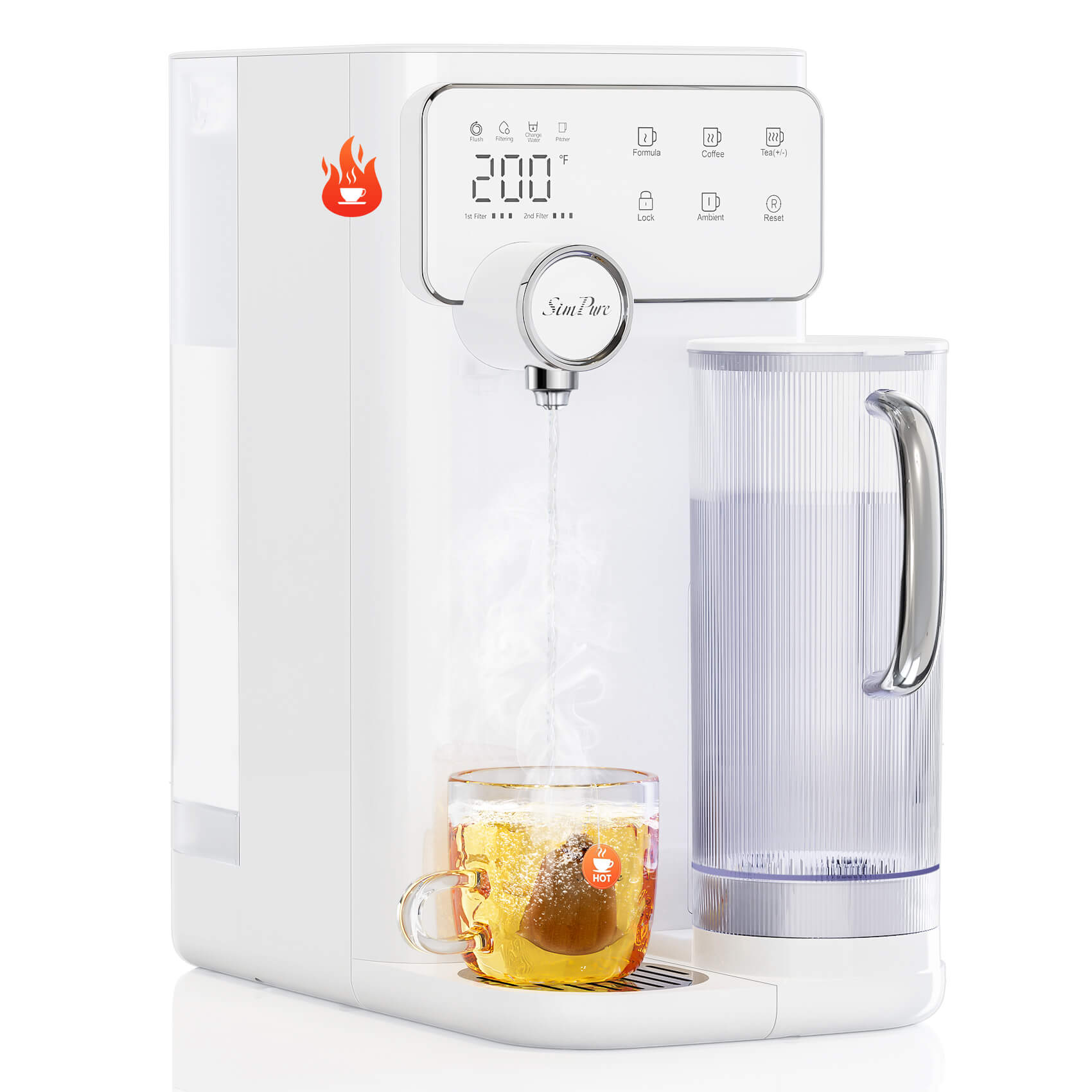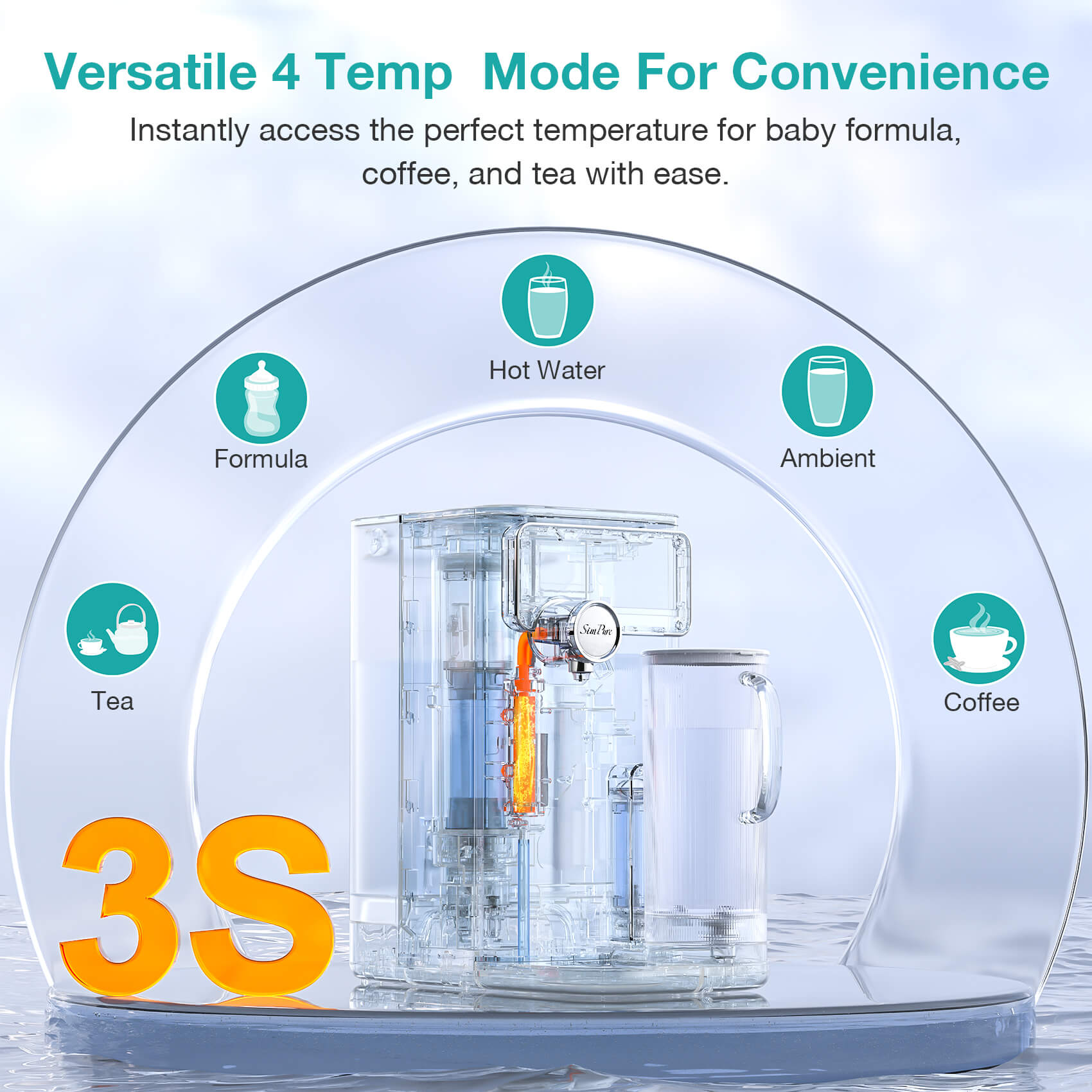Does water have electrolytes? This sounds like a simple question, but it's not that simple to answer. This is partly because the word "electrolyte" has more than one meaning, and the scope of water depends on our different understanding of these meanings. This article will give you a comprehensive explanation of this issue from the three dimensions of the definition of electrolytes, the role of electrolytes in our body, and the question of does water have electrolytes in them.

1. What Are Electrolytes?
First we should learn more about what electrolytes stand for before we talk about does water contain electrolytes. Electrolytes are minerals in blood and other body fluids that have an electrical charge. Your body retains electrolytes from the food you eat and the fluids you drink. These minerals, such as sodium, potassium, calcium, and magnesium, are distributed throughout your body and use their electrical energy to facilitate important bodily functions. Electrolyte water is infused with electrically charged minerals such as sodium, potassium, calcium, and magnesium, which are distributed throughout your body and use their electrical energy to facilitate vital bodily functions.
Then What Is Electrolyte Water?
Our topic of in this blog is figure out the question of does water contain electrolytes, so we also need to know the meaning of electrolyte Water. Electrolytes are minerals that conduct electricity when dissolved in water. The electrolyte is ionized, generating more hydrogen ions and hydroxide ions, which is weakly alkaline. Electrolyte water is a type of drinking water that contains a higher concentration of minerals and electrolytes than regular water. Electrolyte water neutralizes the body's acidic substances, they are distributed in the fluids in your body and use their electrical energy to facilitate important bodily functions. Electrolytes are critical to controlling fluid balance in the body, and common electrolytes include sodium, chloride, potassium, magnesium, and calcium. Here we can see the health benefits of electrolyte water in the following part:
Health Benefits of Electrolyte Water

Drinking water is a well-known health benefit, with benefits ranging from regulating body temperature and blood pressure to improving mood, memory, and productivity. But does adding electrolytes to water increase the benefits of drinking water? Below we have listed 4 benefits of drinking electrolyte water, hoping to answer some of your confusion.
1. Improves athletic performance
During physical activity, you need extra fluids to replace water lost through sweat. To replace electrolytes lost through sweat, it is recommended that you drink electrolyte water instead of regular drinking water while exercising. This will help improve the function of your heart, brain, muscles, and nervous system.
2. Support nervous system function
Constant hydration keeps us safe and ultimately productive. Your nervous system is a complex collection of nerves and specialized cells that transmit signals from your brain to the rest of your body.
3. Stay hydrated during an illness
Severe or persistent symptoms can quickly dehydrate the body during illness if fluids and electrolytes are not replenished.
4. Prevent heatstroke
In hot environments, electrolyte-enhanced water is recommended over other beverages for hydration because it replaces vital electrolytes lost through sweat.
2. So Does All Water Have Electrolytes in it?
After knowing the basic knowledge of electrolytes, now we are focus on answering your question "does water have electrolytes". We will discuss what is electrolyzed water, what are the common types of electrolyzed water, and the factors that affect the electrolyte content in water.
Common Water Contain Electrolytes Include:
Mineral water: This type of water naturally contains high levels of minerals, including electrolytes like calcium, magnesium, and potassium.
Spring water: Water that comes from a natural spring may contain a variety of electrolytes, depending on the geological makeup of the surrounding area.
Tap water: Depending on the location and source of the water, tap water can contain various electrolytes such as sodium, potassium, and magnesium. Some tap water is also fortified with additional minerals to increase their electrolyte content.
Electrolyte-enhanced water: Some brands of bottled water are marketed as being enhanced with electrolytes. These products often contain higher levels of sodium, potassium, and other electrolytes than regular drinking water.
Coconut water: Coconut water is a natural source of electrolytes, including potassium, magnesium, and calcium. It is a popular choice for athletes and those looking for a natural way to replenish electrolytes after exercise or other strenuous activities.
Even the tap water we all have in our homes contains these trace elements, including calcium, magnesium, sodium, and potassium. But it's important to note that the mineral content of tap water can vary depending on where you live, and the mineral content of the water can also be affected by water treatment processes. Your body can have difficulty regulating your fluid balance if left untreated.
Electrolyte-Free Water Includes:
Not all water contains electrolytes, as the presence and concentration of electrolytes can vary depending on the water source and treatment processes. Electrolyte-free water is water that does not contain trace elements such as potassium, magnesium, and calcium. For example, distilled water, which has undergone a process to remove all minerals and impurities, does not typically contain electrolytes.
What Factors Affect The Electrolyte Content in Water?
We have got the answer to does water have electrolytes, so what factors affect the electrolyte content in water? The presence of electrolytes in water can be affected by a variety of factors, including the source of the water, the water treatment process, and the specific filtration method used.
One of the most important factors affecting the presence of electrolytes in water is filtration. Filtration is the process of removing impurities and contaminants from water, usually through the use of filters or other physical or chemical methods. Certain types of filtration, such as reverse osmosis, are effective at removing all dissolved solids from water, including electrolytes. Other types of filtration, such as activated carbon filters, may not be as effective at removing electrolytes, depending on the specific type of filter and the concentration of electrolytes in the water. In some cases, the filter may even add electrolytes to the water. Overall, the presence of electrolytes in water can be influenced by a variety of factors, and it is important to consider these factors when choosing a source of drinking water to ensure you are getting the proper electrolyte balance for your individual needs.
3. Obtain Electrolytes Water by Installing SimPure T1-6 Alkaline Filter System
Electrolyte water can have a positive impact on a person's overall health. Therefore, it is highly recommended that you can get electrolytes by installing a SimPure T1-6 alkaline filter system. It rebalances the water through active mineral technology, which can remove other impurities in the water. Adds calcium, potassium, magnesium, and other essential minerals back into your water while making your water taste more natural. Also, under-sink reverse osmosis filtration systems are low maintenance, easy to install and space-saving. They don't require any special skills to install, so they're ideal for those who want to improve water quality without investing in complex systems.
(Click the picture, and you can get to electrolyte-contained water by SimPure T1-6!)
In short, does water have electrolytes in it? The specific types and concentrations of electrolytes can vary depending on the water source and treatment processes used. For those who are concerned about their electrolyte intake, it's important to pay attention to the type of water they are drinking and consider installing a water filtration system, such as the SimPure alkaline filter system, which can help ensure clean and electrolyte-rich water. With a high-quality filtration system in place, you can enjoy the benefits of healthy and balanced hydration with every sip of water.



